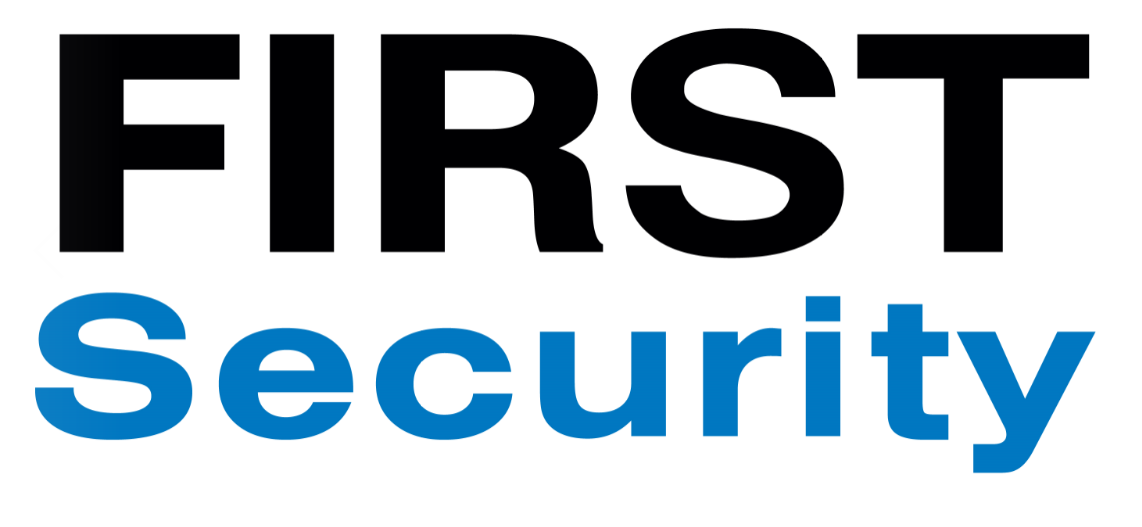The Power of Staying Calm: Why De-Escalation Skills Are Essential for Security Officers
In a world where tensions can rise quickly — in hospitals, transport hubs, retail spaces, and public events — security officers are often the first to respond when something feels off. At FIRST Security, we understand that how our officers respond in those first critical moments can make all the difference.
That’s why de-escalation isn’t just a training module. It’s a mindset, a skillset, and a crucial part of how we keep people safe across Aotearoa.
What Is De-Escalation — and Why Does It Matter?
De-escalation refers to the techniques used to prevent conflicts from escalating into more serious incidents. It’s about recognising the signs of agitation or distress early and responding with empathy, calm, and control — often before a situation becomes physical or dangerous.
For FIRST Security officers, de-escalation is about protecting people with professionalism and respect — reducing harm, avoiding unnecessary confrontation, and maintaining dignity for everyone involved.
In short, it’s not about power. It’s about presence.
Real-World Example: Calm Under Pressure in Tauranga
One recent incident in Tauranga is a powerful example of how these skills can defuse a potentially volatile situation.
Two FIRST Security officers were conducting a mobile patrol when they were flagged down outside a bank by a staff member reporting an aggressive woman inside the branch who had made threatening statements.
The Officers immediately entered the branch to assist and contacted their manager, who responded to the scene. As the woman continued to behave erratically — pacing, yelling, spitting, and abusing passersby — the manager made a strategic call. She chose to remain outside to avoid escalating the situation further, using calm, composed conversation to keep the woman engaged, whilst the other two Officers locked down the branch to ensure the safety of the staff and customers.
As the woman’s behaviour escalated — approaching vulnerable members of the public and making violent threats — the officers stayed connected via text, preparing to quickly provide a safe space for the supervising officer who had remained outside, should the situation become dangerous.
When the Police arrived, the woman attempted to make physical contact with the officer; who managed to stay composed and assist police in safely taking the woman into custody. Thanks to her quick thinking, teamwork, and calm demeanour, the incident was resolved without harm to any staff, customers, or bystanders.
Following the incident, the onsite Security Manager shared this statement of appreciation:
“The teamwork was outstanding — one officer ready to open the door if needed, another supporting staff and customers inside, and the supervising officer calmly managing to de-escalate the external situation. She was there for our team in a highly volatile environment.”
Training That Goes Beyond the Basics
At FIRST, we don’t believe in a “one-size-fits-all” approach. Our officers are trained not just in standard security procedures, but in site-specific de-escalation techniques, tailored to the environments they work in. We also invest in advanced training that includes:
- Cultural competency and trauma-informed practice
- Mental health awareness
- Conflict resolution and emotional intelligence
- Real-life scenario simulations
This means our officers can engage with empathy and authority — understanding the why behind someone’s behaviour as well as how to respond effectively.
De-Escalation Is a Reflection of Our Values
FIRST Security is proud to be a people-first organisation. We believe security isn’t just about preventing harm — it’s about creating a sense of safety and trust - through respect, manaakitanga, professionalism, and service.
It’s in the way our officers greet people, how they listen, how they carry themselves — and how they choose to respond, especially when things get tough.
A Quiet Skill With a Big Impact
De-escalation might not always make headlines, but its impact is lasting. Every time an officer diffuses a situation without force, helps someone feel heard, or prevents a crisis from unfolding — that’s security at its best.
At FIRST Security, we’re proud of the quiet, skilled, and deeply human work our officers do every day — often unnoticed, always essential!

